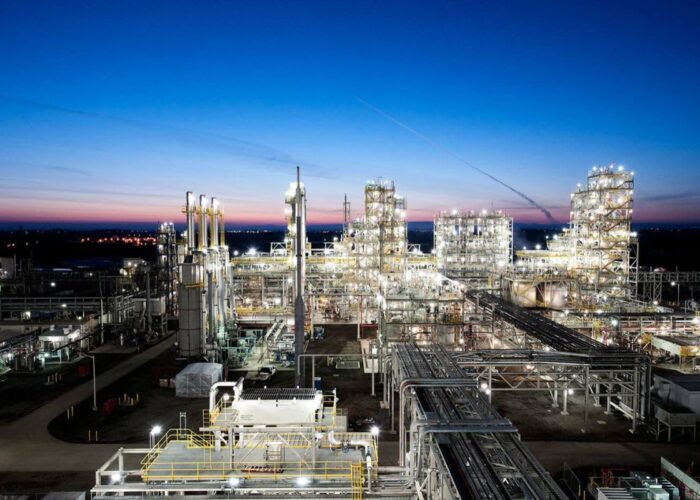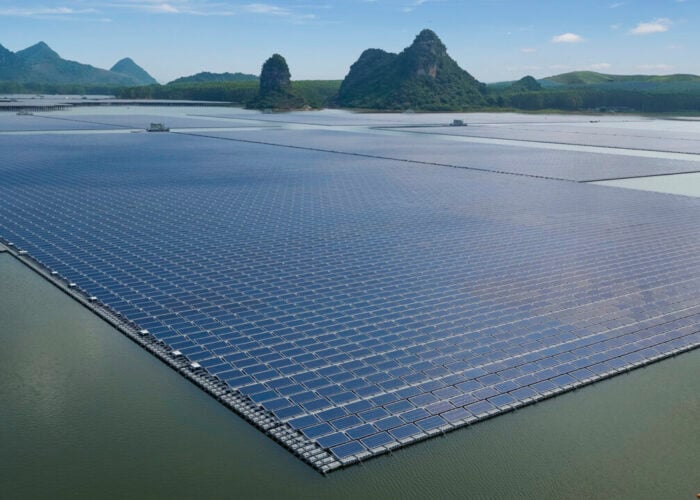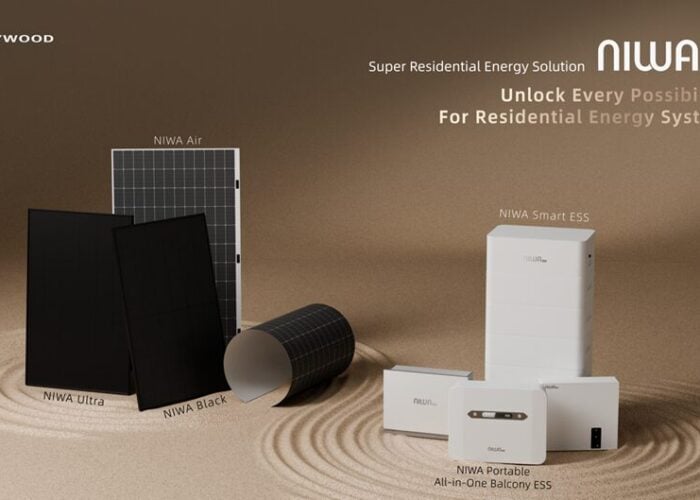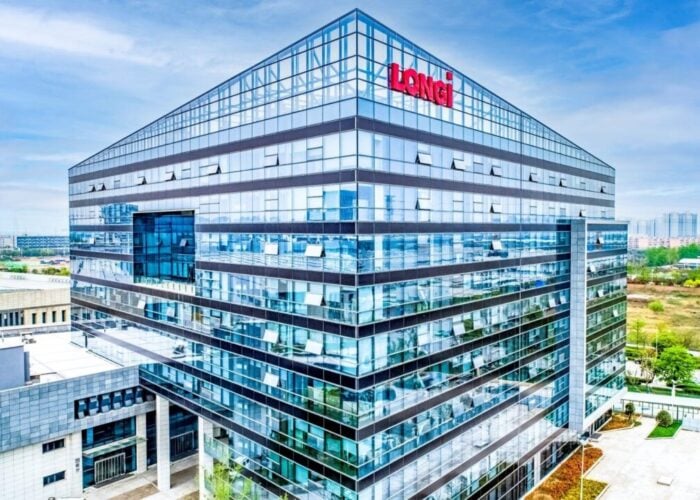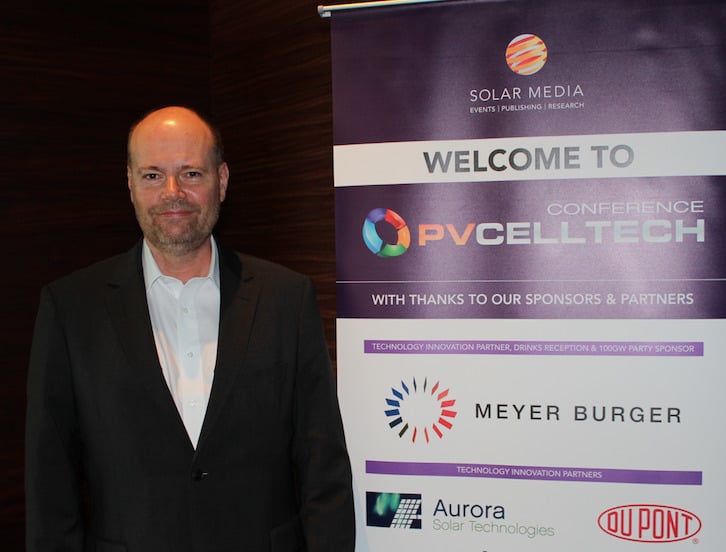
Enhancing quality control in PV cell production was a key topic at PV CellTech 2018. After the conference, we caught up with Gordon Deans, founder and chief operating officer of inline solar cell measurement equipment specialist Aurora Solar Technologies to discuss some of the requirements when moving towards smart factories.
It was great to see Aurora back at PV CellTech again. What are the main topics you are hoping to discuss with cell manufacturers this year?
Unlock unlimited access for 12 whole months of distinctive global analysis
Photovoltaics International is now included.
- Regular insight and analysis of the industry’s biggest developments
- In-depth interviews with the industry’s leading figures
- Unlimited digital access to the PV Tech Power journal catalogue
- Unlimited digital access to the Photovoltaics International journal catalogue
- Access to more than 1,000 technical papers
- Discounts on Solar Media’s portfolio of events, in-person and virtual
Gordon Deans: Our business is process control in PV cell manufacturing, as exemplified in our motto 'Measure, Visualise, Control'. With manufacturers we are talking less about the particular technologies that people are developing or using, but how they are making their production effective and efficient and getting the highest possible yields. That’s the topic we like to talk to people about, to obtain their thoughts and share our perspectives on how best to achieve that.
Industry 4.0 is gaining more widespread awareness in the industry today. What key changes in factory design though are needed until Industry 4.0 is a reality for PV?
Industry 4.0 effectively defines the “smart factory”. That means a lot more real-time production data, and tools to manipulate and use those data to get better outputs from the production lines. In that sense, we're involved in the data sources: measurement devices associated with the process tool outputs and inputs from the operators and process engineers. It’s then the ability to take that data and extract information that you can act on in order to improve your operations.
We think this is particularly important as the industry as a whole scales from its current Gigawatt levels up to the Terawatt level. Every industry has followed this path. You’ve seen people start to get overwhelmed with the amount of information until they have these tools and procedures in place that allow them to make sense of it and make use of it effectively to manage and increase yield.
Controlling distribution of efficiencies in cell production is a key theme within Industry 4.0 – where do Aurora tools fit in here?
We started the company a number of years ago with measurement instruments focused particularly on doped layers in silicon wafers and their fabrication in the plant, looking at the cell emitter and the back surface field. We're expanding those capabilities including into heterojunction structures.
But we have now also introduced a system that provides process engineers with the means to be able to take the data that these instruments are generating, combine these with the results that you see at the end of the cell production lines and then understand the mathematical and physical causes and effects between the various processes during the manufacturing that drive the bin distribution at the end of the line. This allows you to control the most important processes with the right control limits to achieve the narrowest possible bin distribution at the end of the line. We’re seeing strong interest in this new Industry 4.0 compliant product, and we look forward to working with manufacturers to use it to get the most out of their high-efficiency production facilities.
Gordon Dean’s pre-PV CellTech 2018 interview can also be found here.



